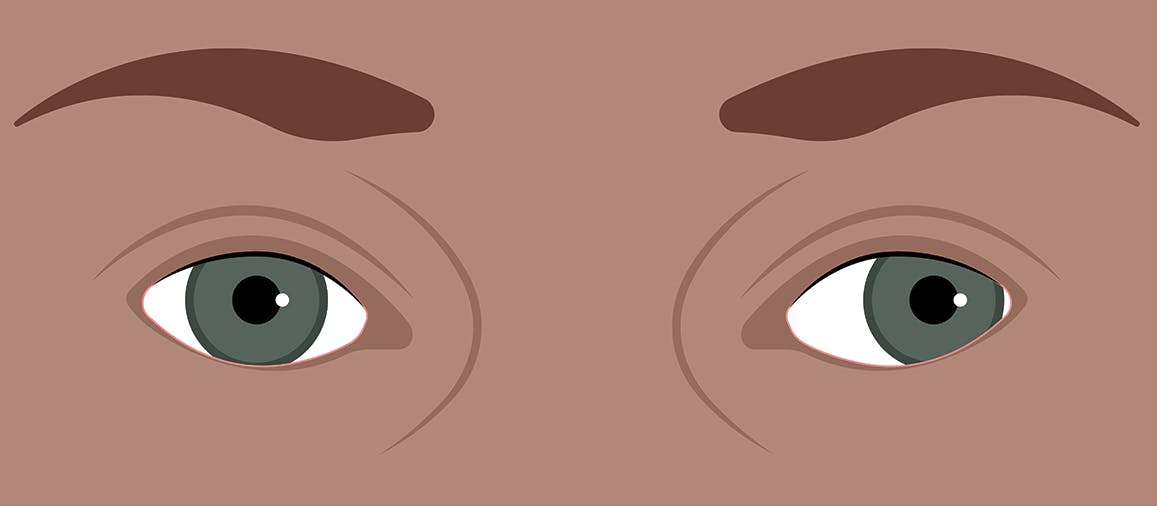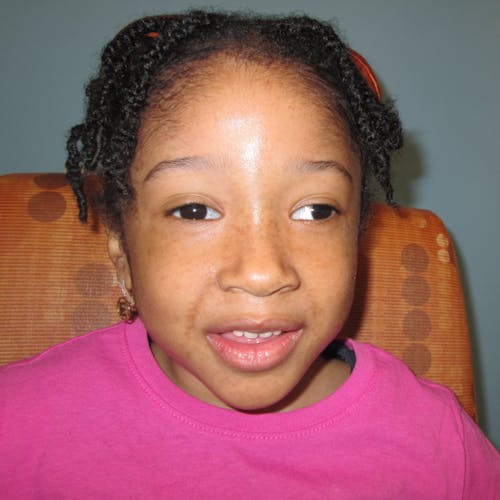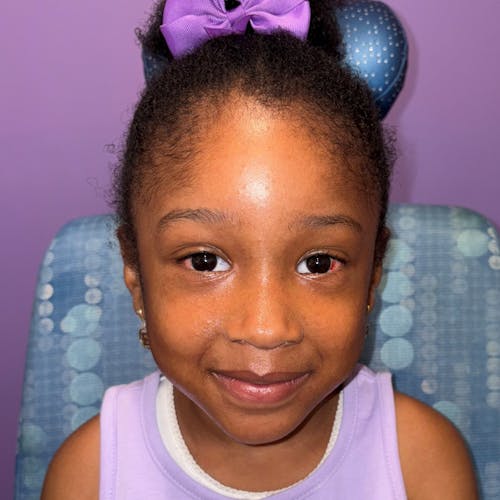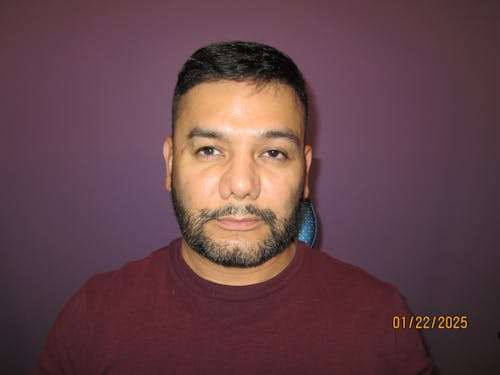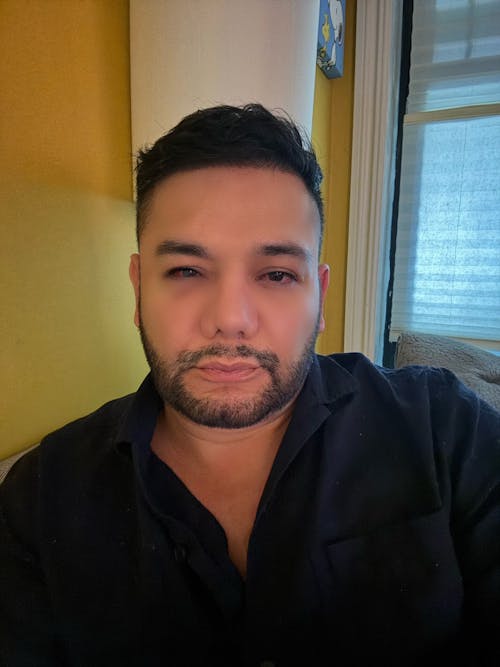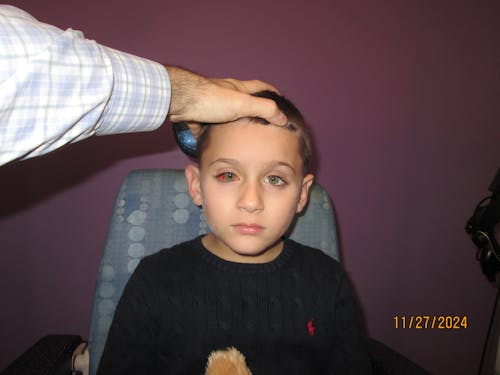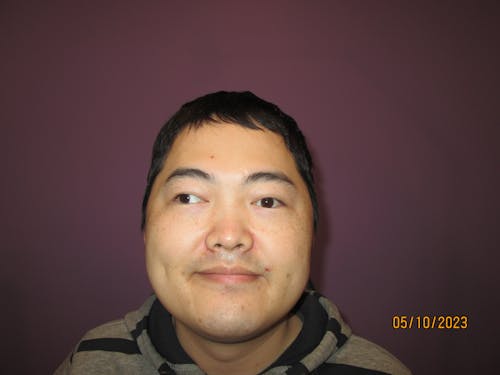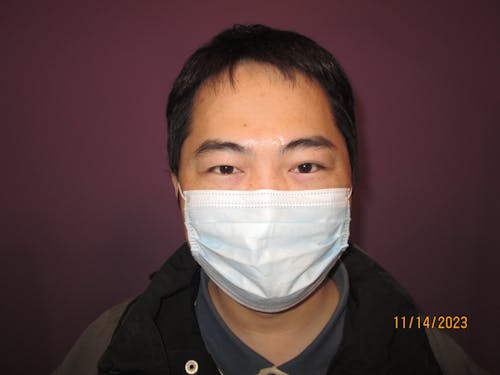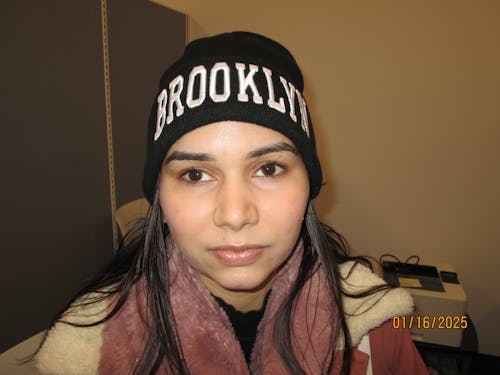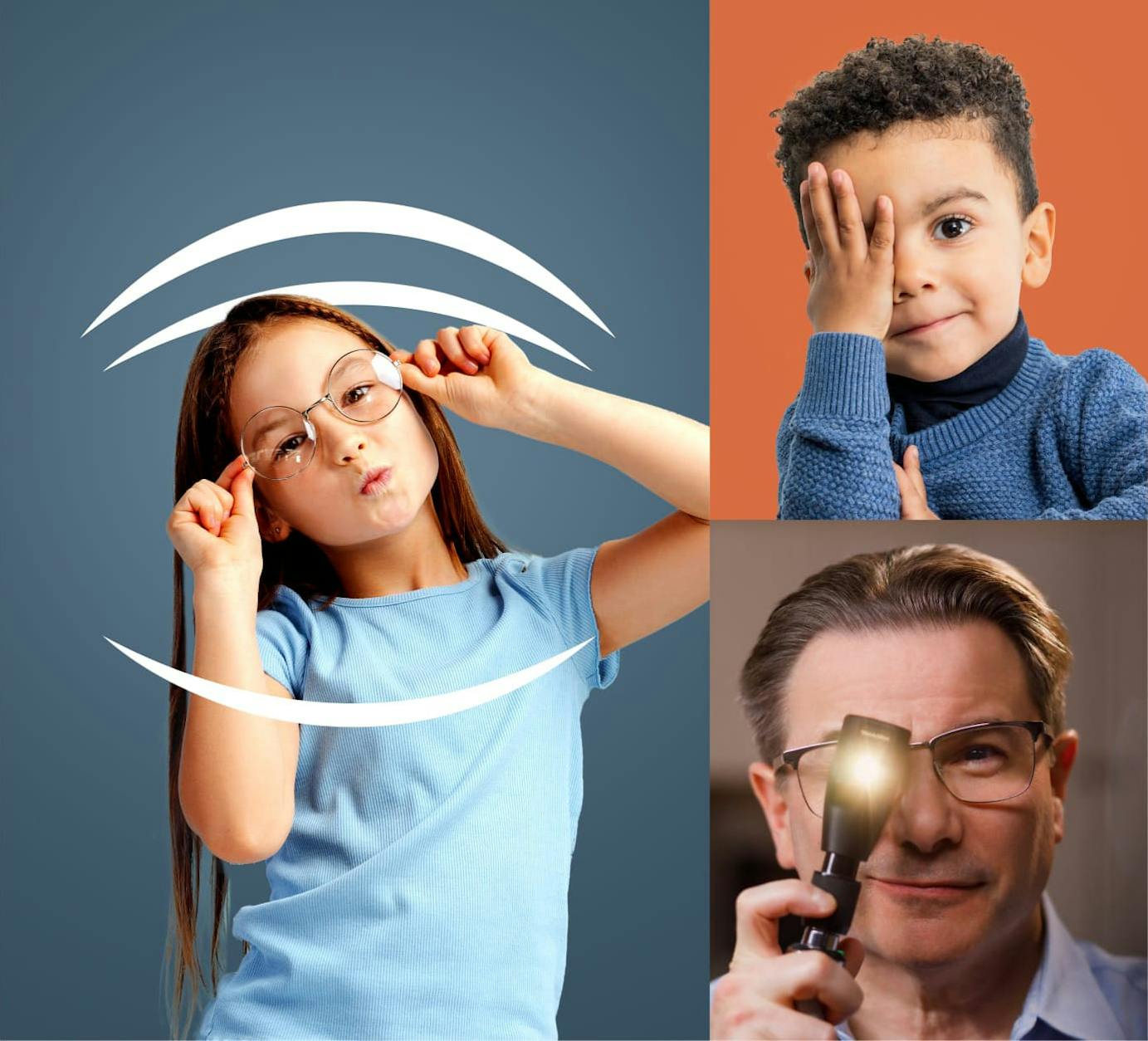Exotropia is a form of strabismus where the eyes drift outward. It may occur occasionally or constantly, and it can cause double vision, eye strain, and even interfere with depth perception. At The Pediatric Eye Center, we offer age-appropriate, expert care for all forms of exotropia.
Symptoms of Exotropia
Parents often notice that their child’s eye sometimes drifts outward, especially when the child is daydreaming, tired, or looking into the distance. Here are other signs to look out for:
- Squinting, especially in bright light
- Closing or pulling the upper lid down with a finger
- Eye strain
- Reduced depth perception
- Double vision (in older children & adults)
Not all children will be able to verbalize their visual difficulties, so subtle behavioral changes—like clumsiness, pulling the upper lid down, or squinting —can also be clues.



